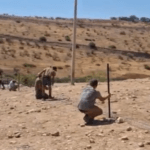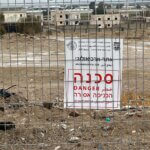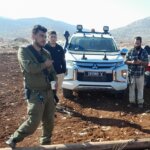Land confiscations and settler attacks in northern Jordan Valley
On 10th February the Civil Administration under the occupation army announced the confiscation of Palestinian lands in the northern Jordan Valley, specifically in Khirbet al-Hadidiya, Mofiya, the al-Baqi’a area, and Umm ‘Ashish. These lands are among the largest and most fertile agricultural and grazing areas in the northern Jordan Valley. The land is being allocated to settlers for them to graze their livestock, whilst preventing the rightful landowners from accessing and working on it. This action constitutes a violation of international law, aimed at annexing the Jordan Valley and displacing its indigenous inhabitants.
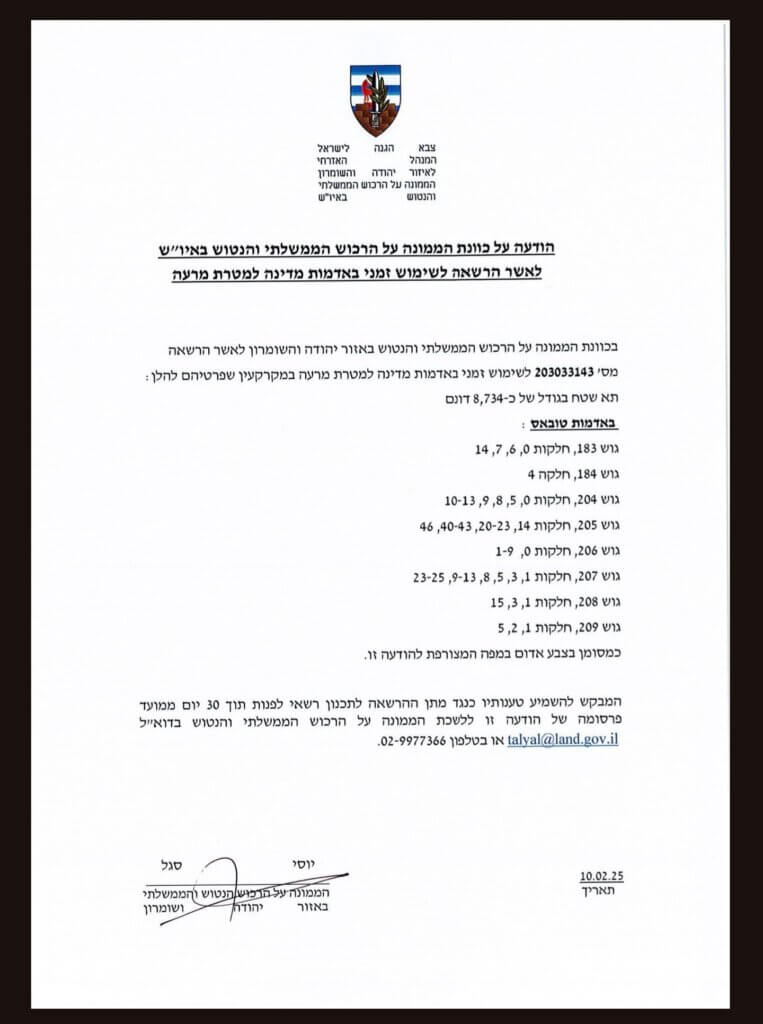
It follows a week of ongoing settler attacks and repression.
On February 5, Iyad Sawafteh took his sheep to graze on Palestinian land north of Bardala village when six settlers, armed with M16 rifles, iron rods, and wooden sticks, confronted him and blocked his access to the land.
Shortly after, Abdullah Sawafteh, Naeem Al-Masri, Rashid Khudairi, and several other residents arrived to support Iyad. The settlers then attacked Abdullah, Naeem, and Rashid, beating them and inflicting serious injuries. Abdullah was struck in the face, causing him to lose five teeth.
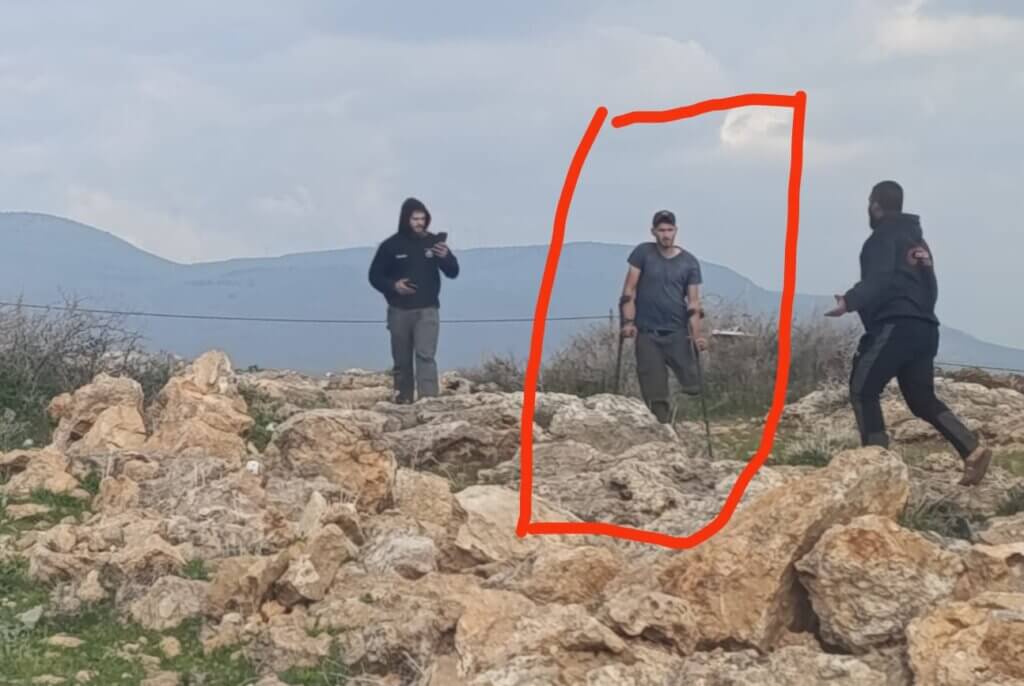
The settlers also attempted to seize vehicles, stealing Naeem’s car keys and trying to do the same with Rashid’s. One of those present reported: “When I intervened, a settler locked my car with the key inside. To free it, I had to break the side window, injuring my right hand in the process.”
Later, the army arrived and detained Naeem and Tawfiq for several hours. Both soldiers and settlers assaulted Naeem. Through photographs the group were able to identify some of the settlers, revealing their involvement in multiple attacks across different areas.
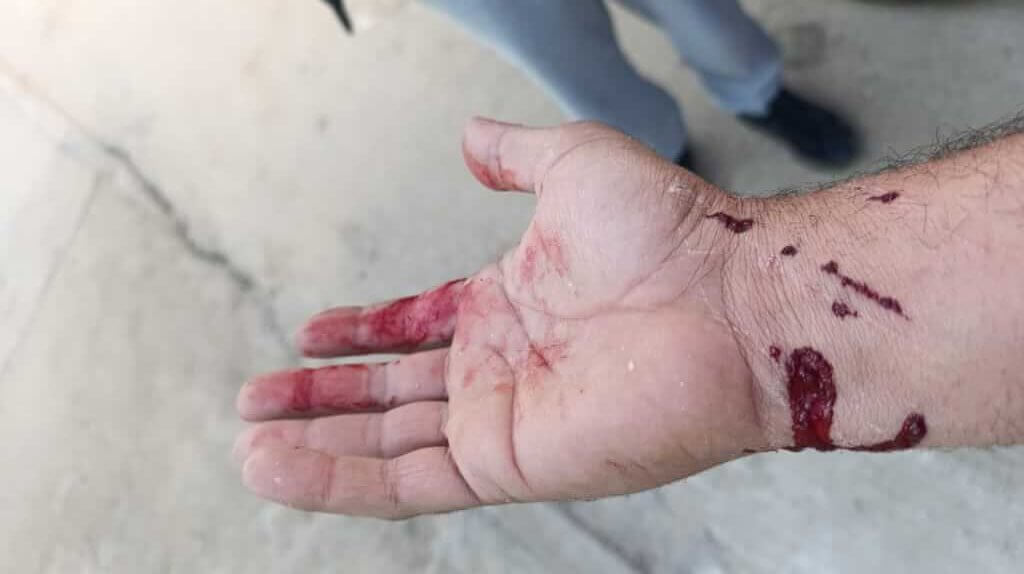
On February 11, the occupation army and the Mekorot Company raided the village of Bardala in the northern Jordan Valley, cutting off drinking and agricultural water supplies.
This left the residents without access to water, worsening the ongoing crisis in the region. Many people in the Jordan Valley already suffer from severe water shortages as part of a broader policy of racial discrimination and forced displacement.

